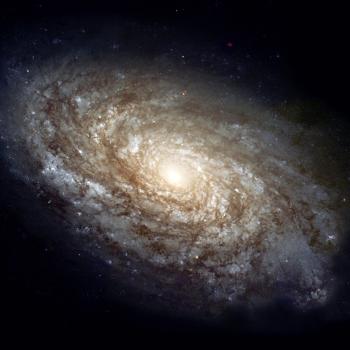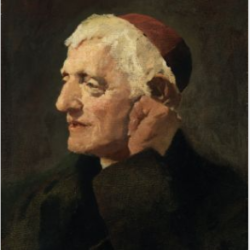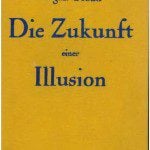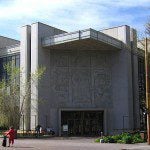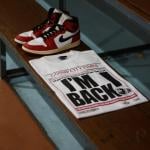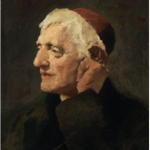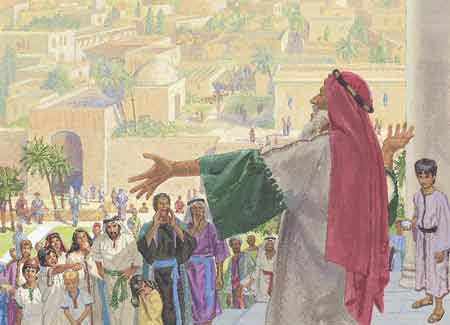
A few brief notes on today’s reading, which is 2 Nephi 10.
Especially if one views of the Book of Mormon as a modern production, and especially in the light of the horrific treatment of Jews that has repeatedly scarred human history during the years intervening since 1830, it would be easy to suspect that 2 Nephi 10:3 is an expression of antisemitism when it refers to “the Jews, . . . those who are the more wicked part of the world,” who “shall crucify him—for . . . there is none other nation on earth that would crucify their God.”
But, as a matter of fact, the Book of Mormon is expressly anti-antisemitic. Indeed, I can think of no other canonical scripture in any religious tradition, other than the Book of Mormon, that explicitly condemns bigotry against Jews. (See here.)
So what is going on?
Let’s assume, for purposes of discussion, what I actually believe to be the case — that the Book of Mormon recounts true history, and that Jacob was a real, historical person.
Remember that the Jewish leadership of Jerusalem had, by their incompetent and even evil leadership, brought destruction upon the city from which Jacob’s family came. and that “the Jews” there had sought to murder Jacob’s father. Jacob had, no doubt, been raised on and surrounded by passionate opposition to the leadership, ethos, and culture of late pre-exilic Judah, and he himself had been raised in exile, deprived of the wealth, status, and comfort that would otherwise have been his.
It’s scarcely any wonder that Jacob has no warm feelings toward “the Jews” at Jerusalem, and even that he’s inclined to hyperbolic statements about their being the most evil people on the planet.



